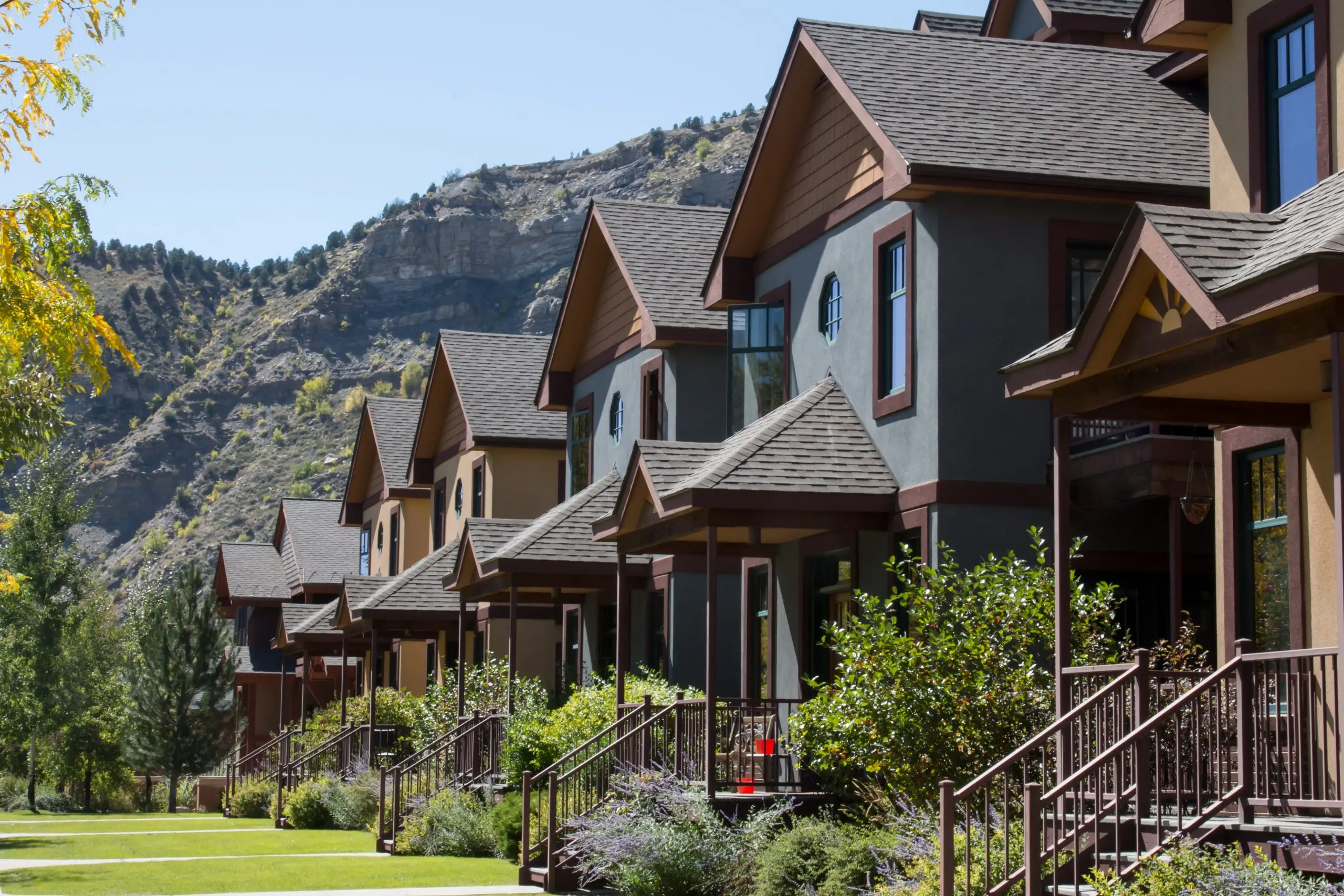Wholesaling, the process of assigning purchase contracts, is a popular avenue for investing in real estate. Up until now, it has been a largely unregulated practice that has been very appealing to new investors looking to start a real estate career.
Unlike real estate agents who must undergo rigorous training and licensing, wholesalers have been fairly unconstrained in their business dealings. The practice has started attracting attention as some bad actors, either intentionally or unintentionally, have taken advantage of distressed sellers.
The local community has been quite vocal about their concerns and have created strong pressure to regulate wholesaling professionals. Now, more than ever, it’s crucial to understand the legal requirements in Colorado to ensure you are staying on the right side of the law.
Rocky Mountain Regulation
Colorado has issued an official advisory to the public about predatory practices. The Department of Regulatory Agencies warned citizens about wholesalers targeting long-term homeowners, often over 50, who may be unaware of the true market value of their home and vulnerable to misleading practices and information.

The state is urging residents to check and see if individuals who approach them about selling their homes are licensed real estate professionals. They advise all residents to do their due diligence before responding to inquiries or considering selling their home.
Do Wholesalers in Colorado Need a Formal License?
The simple answer is no, but you must follow very specific protocol in real estate transactions: signing a contract with a seller and “assigning” to another investor—
or signing another contract with a third party and double closing.
Investors must be on the purchase contract or on the assignment contract—and earnings are either through an assignment fee or a double close, not through a commission.
How To Become Licensed
“Only real estate licensees who are members of the NATIONAL ASSOCIATION OF REALTORS® are properly called REALTORS®,” notes the Colorado Association of Realtors®. Investors interested in pursuing an official real estate license in our state must be at least 18 years old and follow specific steps. The entire process can take anywhere from two to four months.

6 Steps to A Real Estate License in Colorado
- Complete 168 hours of pre-licensing education
- Six required courses: Law & Practice, Contracts & Regulations, Colorado Closings, Record Keeping & Trust Accounts, Legal Issues, Practical Applications
- Pass the course final exam
- Pass the real estate exam (national and state portions)
- Submit fingerprints and complete a background check
- Provide proof of Errors & Omissions insurance
- Apply for your license
- Can take up to 10 business days to process
- $485 application fee
Make the Most of the Change
While disruption in the industry might feel daunting to some, change is inevitable. But by staying informed of what is happening in Colorado, you can prepare yourself for the future. New regulation presents new challenges for investors and wholesalers alike, but with it also comes new opportunity.
Investors working to improve their communities while also pursuing their own goals of financial independence are in a unique position to step up, embrace the change, and refuse to allow bad actors to define our industry.







